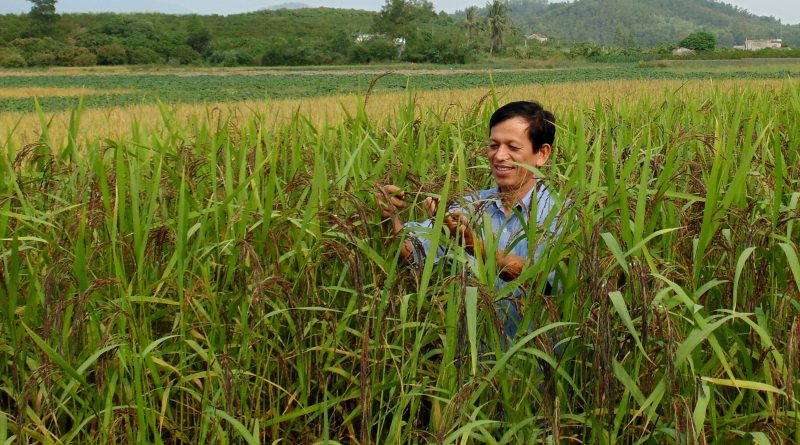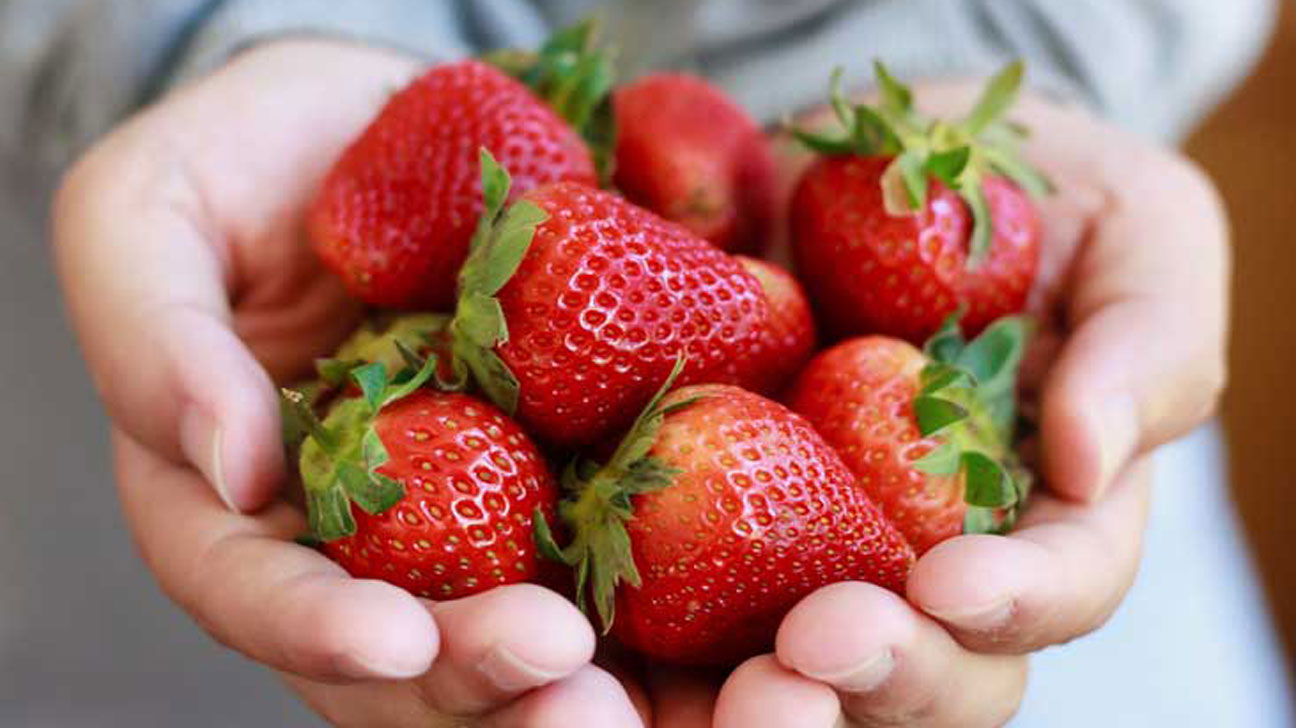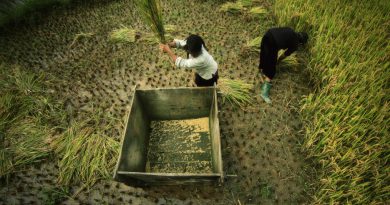Catalogue of Agronomical Traits of Colored Upland Rice Collection Selected from National Seed Genebank, Vietnam
Colored rice is known as a specialty food, a natural gift favored for countries in the tropical Asia. The recent studies have revealed that colored rice contains not only normally nutritional value but also the medicinal value protecting human health. The World rice market has been added by a new commodity with high value of Asian rice and rice farmers have the opportunity to exploit more from these valuable genetic resources.
The National Plant Resources Center, VAAS is preserving about 3000 upland rice accessions collected from 8 Agro-ecological areas of Vietnam. These precious genetic resources were provided by 32/54 ethnic minorities of Vietnam and some of them is heirloom varieties. The result of exploration and collecting from the first phase of IMPGR Project supported by AFACI revealed that among upland rice resources, colored upland ones is grown a lot by ethnic peoples with 15-20% their varieties kept as heirloom ones. Besides, colored upland rice is used as normal foods, colored wines, they are used as functional foods and sometime as medicines such as treating cold sweating, enuresis disease in children or bowel disease. Recently, demand for colored rice as functional food rising, especially for vegetarian food in big cities that facilitating opportunities for ethnic peoples in highland produce more colored rice to meet this market.
We highly appreciate to the Project: “Investigation of Agronomical Traits of Colored Upland Rice Collection for Promoting Use in Vietnam” funded by AFACI for NPRC in this situation. During implementing the project in 2015, there were 215 colored rice accessions selected from the seed gen banks for characterizing and evaluating to agronomical traits and result of 30 superior accessions were chosen for experiment in 2016. In order to share results of our research, we publish the Catalogue of Agronomical Traits of Colored Upland Rice Collection Selected from National Seed Genebank, Vietnam and proudly introduce to researchers, breeders, students, farmers and to whom it may concern.



